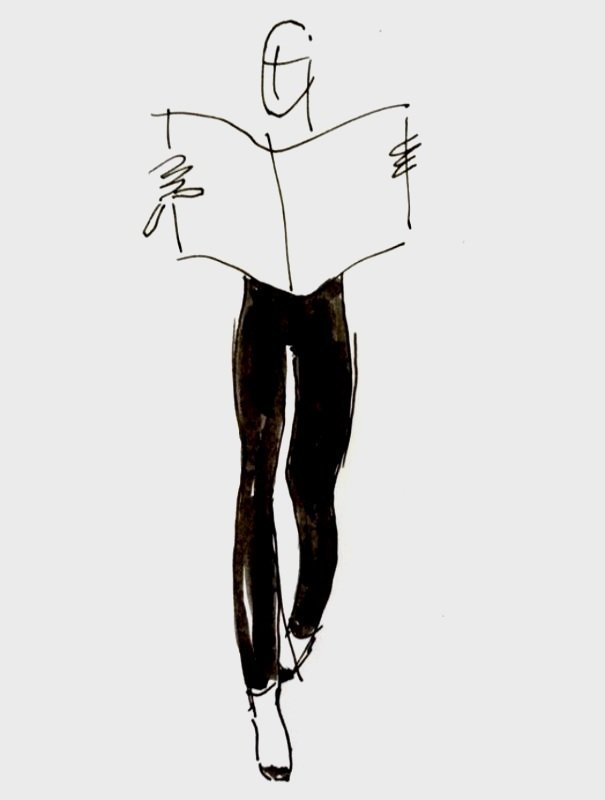A Pioneering Master of Wine and Other Things to Read This Week
By Wim Langedijk for HURS
A Pioneering Master of Wine and Other Things to Read This Week
HUR Reads is our definitive shortlist of the most prominent articles from around the web.
By HURS Team
1
Louise Roe Has a Thing for Chairs
Writer Camille Freestone dives into the creative process and philosophy of Danish designer Louise Roe. Roe's approach to design is characterized by a preference for traditional methods such as pen and paper over digital tools. The Danish designer enjoys the use of organic materials like travertine, steel, glass, and wood in her designs, focusing on subtle eccentricities in details rather than reinventing the wheel. In her personal life, Roe's style mirrors her design aesthetic—classic with a twist, focusing on beauty that appeals to the senses. Her home decor is minimalistic, with a penchant for vintage chairs and quality pieces. While often associated with Danish design, Roe considers her work more globally influenced, preferring a more daring approach than traditional Danish simplicity.
COVETEUR
Serena Sutcliffe, a pioneering figure in the wine world, shares her journey and insights into bringing more women to fine wine. Despite the historical underrepresentation of women in wine, Sutcliffe broke barriers, becoming the world's second female Master of Wine in 1976. She emphasizes the natural abilities of women in tasting and smelling, advocating for a more inclusive wine culture. Sotheby’s and Hundle are launching events to engage more women in wine, blending it with fashion and art. She believes great wines must have character and personality, captivating the senses.
HOW TO SPEND IT
Dahl explores the idea of people quitting therapy amid the pandemic, from reasons such as financial stress, dissatisfaction with virtual sessions, and a desire to prioritize other forms of self-care as opposed to the traditional form of therapy. Therapists and clients share their perspectives on this shift, with some expressing concern about the implications for mental health. Despite the challenges, others highlight the importance of finding alternative ways to cope and seek support during difficult times.
THE CUT
Sarah Jones discusses the moral imperative behind protests, particularly in response to social injustices and systemic inequalities. She delves into the historical context of protests, highlighting their role in driving social change and challenging oppressive structures. Jones also speaks on the criticisms and concerns surrounding protests, including disruptions and violence, while emphasizing their essential role in amplifying marginalized voices and pushing for meaningful reforms.
NEW YORK MAGAZINE
Delving into the long-awaited development of male contraceptives and the potential impact on gender equality and reproductive health. Rosin discusses various methods of male contraception currently in development. She speaks on the social and cultural implications of male contraceptives, addressing concerns about side effects, accessibility, and societal attitudes towards reproductive responsibility as well as highlighting the significance of male involvement in contraception for advancing gender equity.
